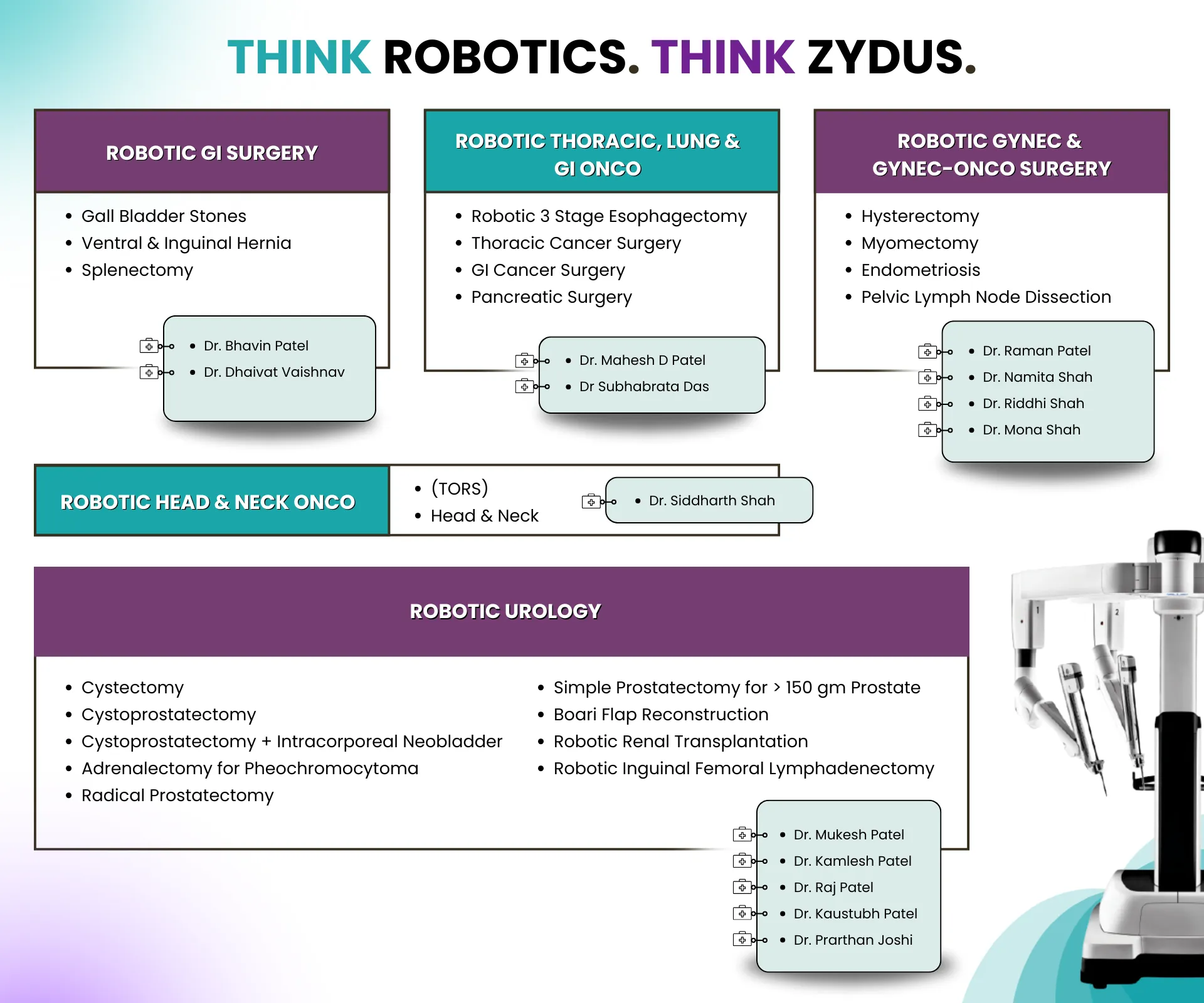Popular Indian foods that silently harm your heart
Introduction
When we think of heart problems, we often think of older adults or people with obvious health problems. But the fact is, cardiovascular diseases are affecting younger, seemingly healthy Indians, and dietary habits are largely to blame. What’s even more concerning is that some of the most loved Indian dishes and ingredients are silently working against our heart health.
Best cardiology hospital counsel patients who are unaware that their everyday meals include unhealthy heart foods. While deep-fried snacks and rich sweets are obvious offenders, there are several other commonly consumed items that also fall under the worst foods for heart health.
This blog explores five surprisingly dangerous Indian foods for your heart, explains the science behind their effects, and offers heart-friendly alternatives because awareness is the first step to prevention.
1. Deep-Fried Snacks (Samosa, Pakora, Bhujia)
These beloved street and homemade snacks are staples across India. But they are also some of the most harmful foods for your heart.
Why They’re Harmful:
- Trans Fats: Most of these items are deep-fried in reused or hydrogenated oils, which are rich in trans fats that increase LDL, meaning bad cholesterol, and reduce HDL, meaning good cholesterol.
- Refined Carbs: Besan or maida used in these snacks spike blood sugar and offer little nutritional value.
- Salt Overload: Snacks like bhujia are heavily salted, increasing your risk of hypertension.
Regularly eating these foods can lead to an unhealthy diet for heart health and increase your long-term cardiovascular disease risk.
2. Refined Grains (White rice, maida foods)
In many Indian kitchens, you will find white rice, naan, paratha, biscuits from bakers, and pasta, all made from refined flour. If consumed in moderation, these are foods that you want to avoid for your heart as much as possible.
Why They Are Bad:
- High Glycemic Index: Refined grains digest faster, leading to spikes in blood sugar during digestion, and subsequently increasing insulin resistance.
- No Fibre: Those foods have virtually no fibre. Fibre is essential to reduce cholesterol and protect our hearts.
- Empty Calories: Consuming what are called empty "white carbs" leads to extra weight and belly fat, both of which are risk factors for heart disease.
The transition to whole grains such as brown rice, whole wheat, jowar, or millets could not be simpler and more impactful.
3. Ghee and Butter (Overuse in Daily Cooking)
While ghee and butter have traditional importance in Indian cuisine, modern sedentary lifestyles and overuse make them heart-damaging foods.
Why They’re Harmful:
- High Saturated Fat Content: Ghee and butter both raise LDL cholesterol and can clog arteries if consumed in excess.
- Used Too Often: Indian cooking from rotis to dal tadkas uses a lot of ghee, and generally assumes too much is OK because it's considered healthy in moderation.
Moderation is key. A small spoonful of ghee on roti is fine for most, but frequent deep-cooking with it or using it in desserts can be harmful, especially for those with pre-existing heart conditions.
4. Pickles and Papad
Often consumed as "sides" to enhance taste, pickles and papad may seem harmless due to their small portion sizes, but they rank high among foods that increase heart disease risk.
Why They’re Harmful:
- Excessive Salt Content: Indian pickles are preserved in large amounts of salt and oil, both of which can contribute to high blood pressure.
- Hidden Fats in Papad: Some papads are fried before serving or made with hydrogenated oils.
- Preservatives: Many commercially prepared items contain sodium benzoate and MSG (monosodium glutamate). If eaten to excess, they may cause side effects.
To protect your heart health, it's important to know which foods to avoid for heart health while embracing home cooking with sun-dried alternatives when possible, and significantly reducing your salt and oil usage.
5. Indian Sweets (Jalebi, Gulab Jamun, Rasgulla)
Indians have a deep and abiding love of sweets. But comparing Indian sweets to the Western world is hard when it comes to heart-healthy eating. Thousands of tons of traditional mithai (sweets) used to be served during festivals and eventually inserted into regular meals, leaving them at the top of the worst foods for heart health.
Why were they bad for you?
- Too much sugar: Most Indian sweets are sitting in sugar syrup or overflowing with jaggery, delivering sugar overload and promoting weight gain as well as insulin resistance and leading to fatty liver, which leads to heart disease.
- Fried and uses ghee: Many gulab jamuns, laddoos, and balushahi are fried, so on top of the sugar, you’re also consuming saturated fat.
- No nutritional value: They are all calorie-dense, nutrient-poor foods. The closest thing to a good point is that they will put up your sugar level rapidly, but will take a long-term toll on your health in the end.
Choose fruits, dates, or sweets made with nuts and natural sweeteners like stevia or jaggery in moderation instead.
Healthier Choices to Protect Your Heart
You don’t have to give up Indian cuisine to maintain heart health. Instead, make mindful swaps:
- Replace refined grains with millets or brown rice
- Swap fried snacks with roasted chana or sprouts
- Use mustard or olive oil instead of excessive ghee or butter
- Replace sugary sweets with fruit chaat, dates, or nuts
- Limit pickle/papad and replace with fresh salads or curd
These simple steps can lower your risk of heart disease significantly.
Final Take
Your everyday food choices can either heal or hurt your heart. Many traditional and modern Indian foods, though flavorful and comforting, are unfortunately part of a bad diet for heart health. Now that you know what to watch out for, making heart-smart decisions becomes easier.
Here at Zydus Hospital, trusted as one of India's Best Cardiology Hospitals, we believe the best heart attack is the one that never happens. Our approach focuses on catching problems before they become emergencies.
Do you have parents or siblings with heart problems? Ever notice chest tightness, struggling to catch your breath, or feeling unusually tired? These aren't signs to ignore or brush off. When caught early, many serious heart conditions can be managed effectively through simple changes to your diet and daily habits.
Book your consultation with our expert heart team today and take the first step toward a heart-healthy life.





